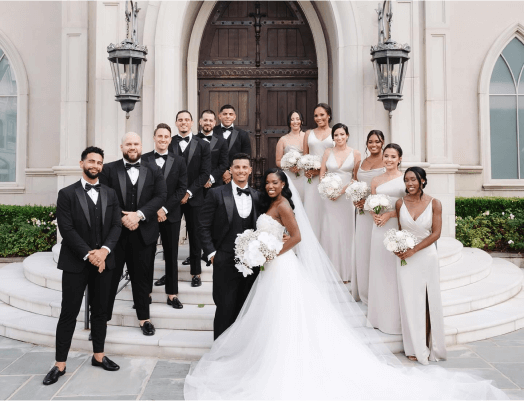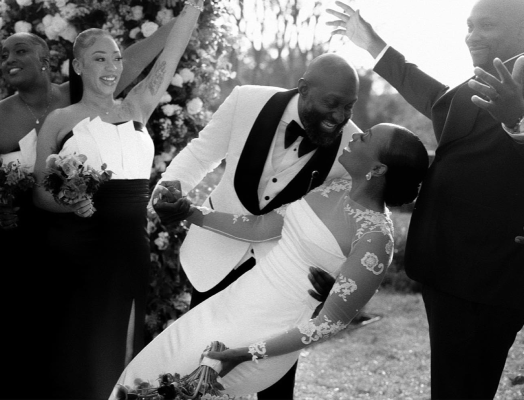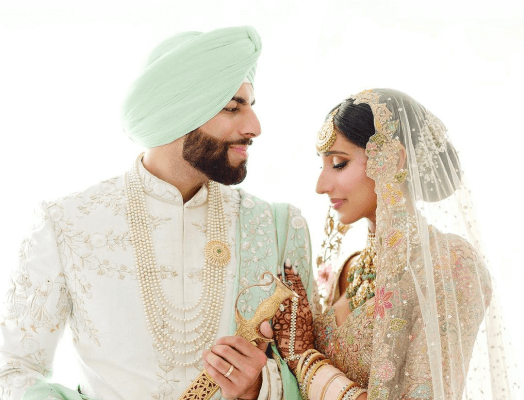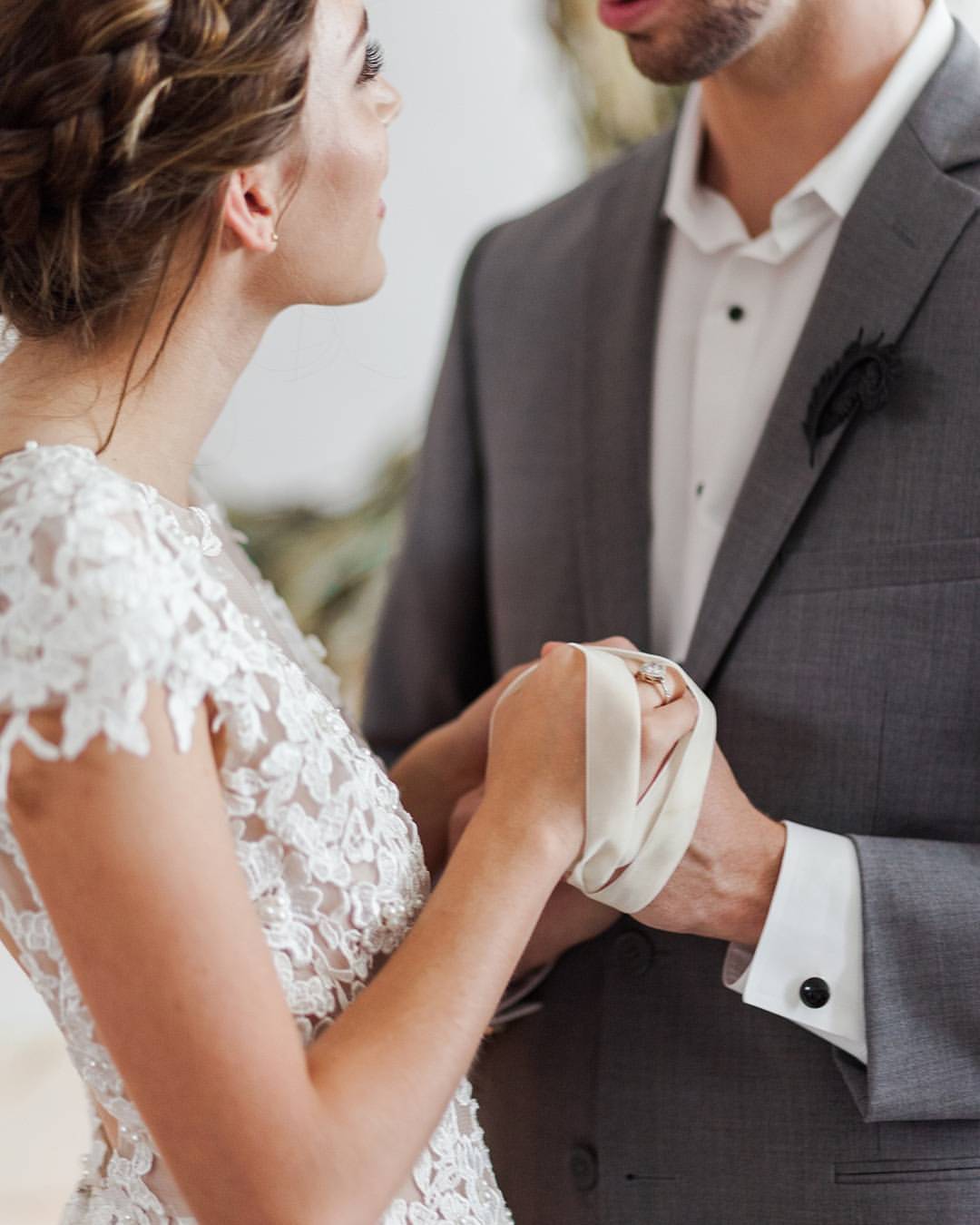Your Roadmap to Becoming a Wedding Officiant
- Author: Natali Grace Levine
- Reading time: 5 min 48 sec
- Publication date: 09/12/2024
- Updated: 08/15/2025
So, you've been asked to officiate a wedding? Congratulations! This is not only an incredible honor, but it's also a wonderful opportunity to play a pivotal role in one of the most special days of a couple's life. Whether you're officiating for a friend, family member, or someone else's big day, the task can feel both exhilarating and a tad daunting. But don't worry, you've got this! In this guide, we'll walk you through everything you need to know to make your debut as a wedding officiant not just memorable, but absolutely magical.
Find Your Perfect Wedding Vendors
How to Officiate a Wedding
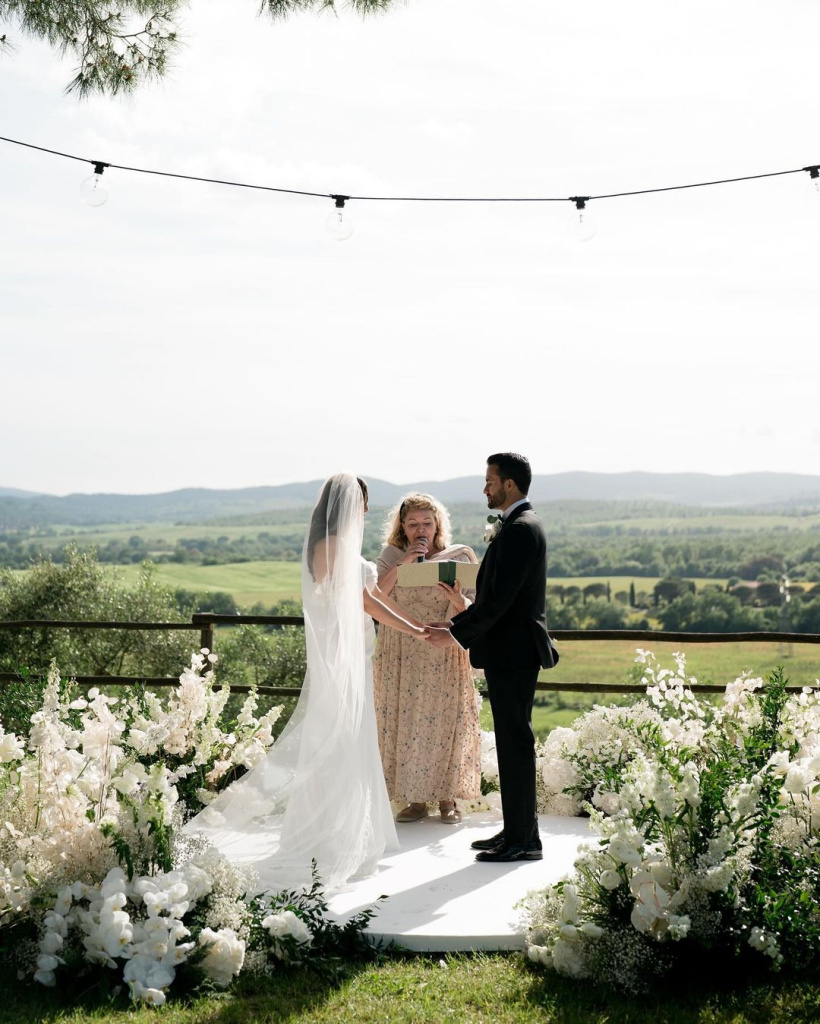
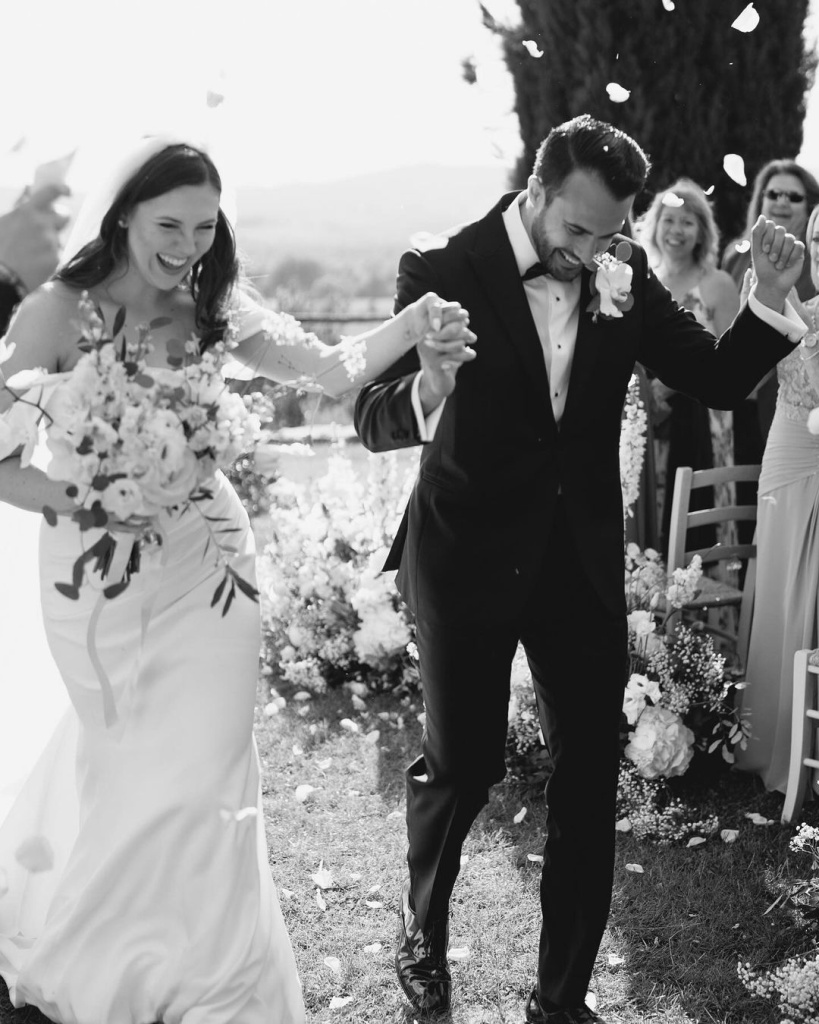
Officiating a wedding is more than just reading from a script; it's about creating a moment that truly encapsulates the essence of two people joining their lives together. Whether you’re a friend, a family member, or a professional officiant, your role is pivotal in making the ceremony meaningful and memorable. Here’s how you can prepare to ensure that everything from your entrance to the final words resonates not just with the couple, but with all in attendance, setting the stage for a beautiful celebration of love and commitment.
Understand the Couple's Vision
The journey to a memorable officiating experience begins with understanding the couple’s vision for their big day. This involves more than just a casual conversation; it’s about deeply engaging with their story and their dreams for the ceremony. Schedule a sit-down where you can gather details about how they met, what they value in each other, and how they envision their wedding. Are they picturing something traditional, or perhaps a more modern, unconventional celebration? Do they have particular readings, rituals, or family traditions they want to incorporate? The more you know, the better you can personalize the ceremony to reflect their unique bond and personalities.
Prepare Your Speech
Writing a ceremony script is perhaps the most daunting—but also the most rewarding—part of officiating a wedding. Start by outlining the structure of the ceremony: typically, a welcome to guests, a few words about marriage, the vows, the ring exchange, and the pronouncement of marriage. Within this framework, craft your remarks to resonate with the couple’s themes and personal stories.
Here are some tips for writing your speech:
- Keep it Personal: Use anecdotes and quotes that have significant meaning for the couple. This personal touch can transform the ceremony from a formal proceeding to a heartfelt celebration of the couple’s love.
- Balance the Tone: While it’s great to weave in humor, it should never overshadow the solemnity of the occasion. Aim for a warm, inviting tone that balances lighter moments with the gravity of the commitment being made.
- Include Universal Themes: Even as you focus on the couple’s unique story, remember that the ceremony is also for their family and friends to witness and enjoy. Touch on themes of love, commitment, and community that everyone can relate to.
Practice Delivery
How you deliver the ceremony can be just as important as what you say. Spend time practicing your speech out loud to work on your pacing, intonation, and gestures. Consider practicing in front of a mirror or recording your performance to critique yourself and make adjustments. If possible, visit the wedding venue to practice there. This can help you get comfortable with the environment and fine-tune your delivery based on the space’s acoustics and layout.
Coordinate with Other Vendors
As the officiant, you’ll need to coordinate with various wedding vendors, particularly the wedding planner, musicians, and audio technicians, to ensure everything runs smoothly during the ceremony. Discuss cues for music, microphone usage, and any special rituals that involve coordination, such as candle lighting or sand ceremonies.
Prepare for the Unexpected
Always have a backup plan for unforeseen issues. For instance, if the wedding is outdoors, be prepared with a simplified version of the ceremony in case bad weather speeds up the timeline. Familiarize yourself with the vows and key parts of the ceremony just in case your notes become unavailable or there are distractions during the ceremony.
Official Duties on the Wedding Day
On the day of the wedding, arrive early to go over any last-minute details with the couple and the wedding planner. Check the sound equipment, review the placement during the ceremony, and ensure you have all necessary documents, such as the marriage license, which you might need to sign. Post-ceremony, make sure to handle any legal obligations like submitting the marriage license to the appropriate government office if required.
How to Become a Wedding Officiant
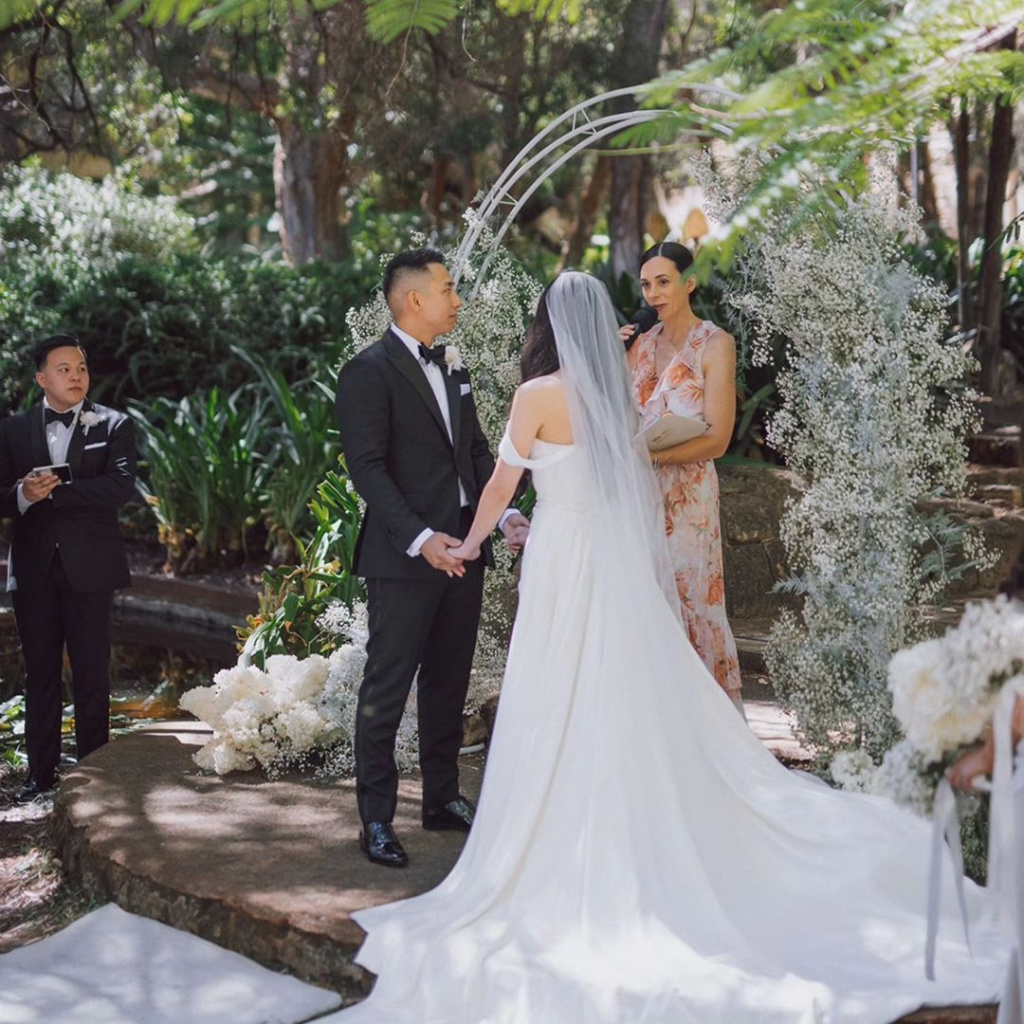
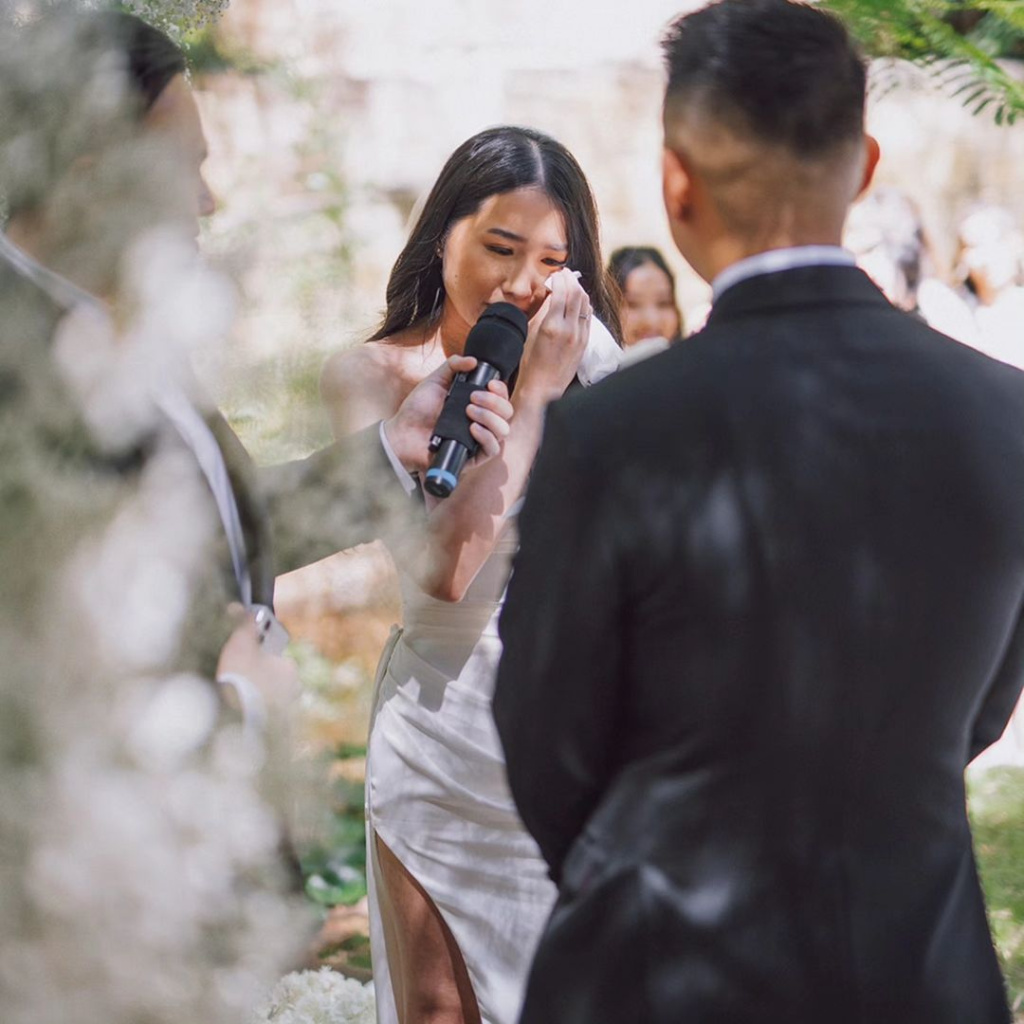
Becoming a wedding officiant is a meaningful way to contribute to someone's special day. It involves more than just performing the ceremony; it requires understanding the legalities and the personal touch needed to truly honor the couple's relationship. Whether you’re looking to officiate a single ceremony for friends or family, or considering it as a professional pursuit, here’s a detailed guide on how to become an officiant who can legally and lovingly bind two people in marriage.
Check Local Laws
The first step in becoming a wedding officiant is to familiarize yourself with the local laws where the wedding will take place. Marriage laws can vary significantly by state and sometimes even by county. Some regions require officiants to have a specific religious or governmental authority, while others are more lenient. Start by visiting the local government's official website or contacting the county clerk’s office to gather all necessary information. This will ensure that everything you do is legally binding and recognized.
Get Ordained
For many, the easiest way to meet legal officiating requirements is by getting ordained through an online church. Numerous organizations offer quick and often free ordinations that are recognized in many states. This step typically involves filling out a form and maybe completing a short course on the basics of officiating a wedding.
Register with Local Authorities
In some states, simply being ordained isn’t enough. You might also need to register with state or local authorities before you can legally officiate a wedding. This process might require you to show your ordination certificate and possibly other documentation, such as a letter of good standing from the ordaining organization. Again, checking with the local county clerk can provide guidance on what specific documents are needed.
Continue Education
While not always legally necessary, taking courses in public speaking, ceremony planning, and the legal aspects of marriage can be incredibly beneficial. These courses can help you become more confident in your role and provide better service to the couples you officiate for. Additionally, joining officiant associations or groups can provide ongoing support, resources, and networking opportunities.
Gain Experience
If you're new to officiating, it's a good idea to start by observing other officiants or volunteering to co-officiate with a more experienced professional. You can also practice by offering your services to friends or family for free or at a reduced cost. This hands-on experience is invaluable and will help you refine your approach to various parts of the ceremony, from the opening words to the pronouncement of marriage.
Set Up Your Officiant Profile
If you plan to make a career out of officiating weddings, setting up a professional profile is essential. This can include creating a website, gathering testimonials from the weddings you’ve officiated, and showcasing your certification and services offered. Social media can also be a powerful tool to connect with potential clients and share the unique ceremonies you’ve conducted.
Best Places to Get Ordained Online
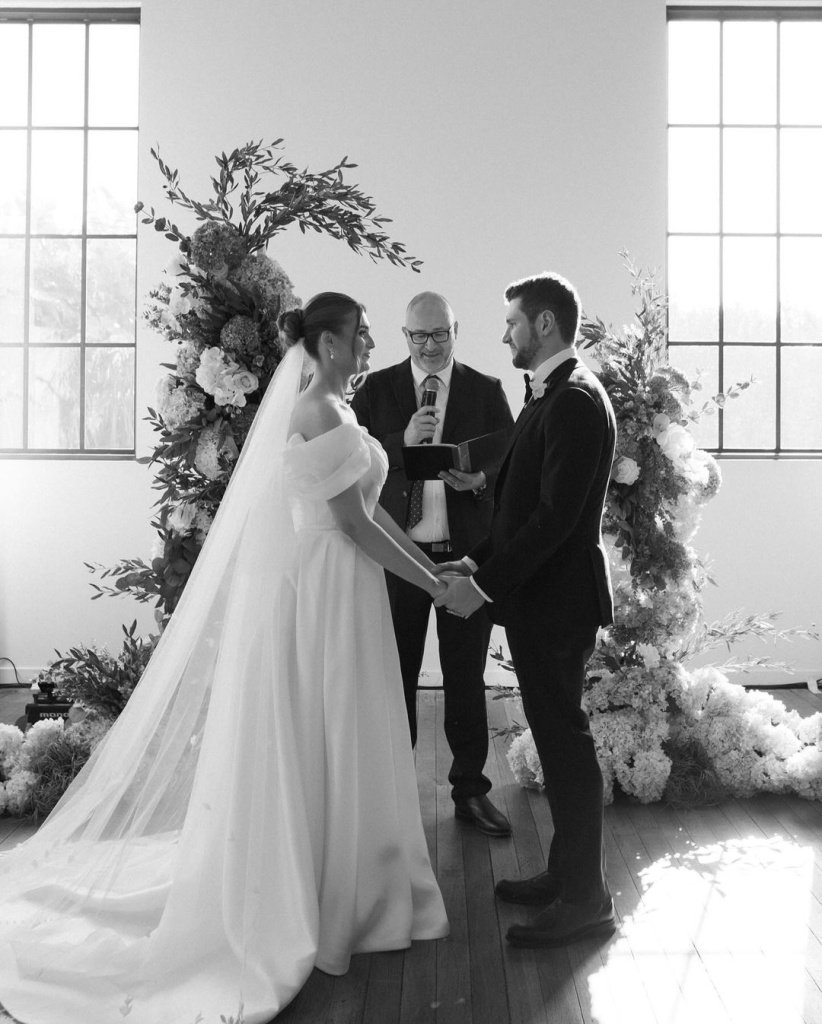
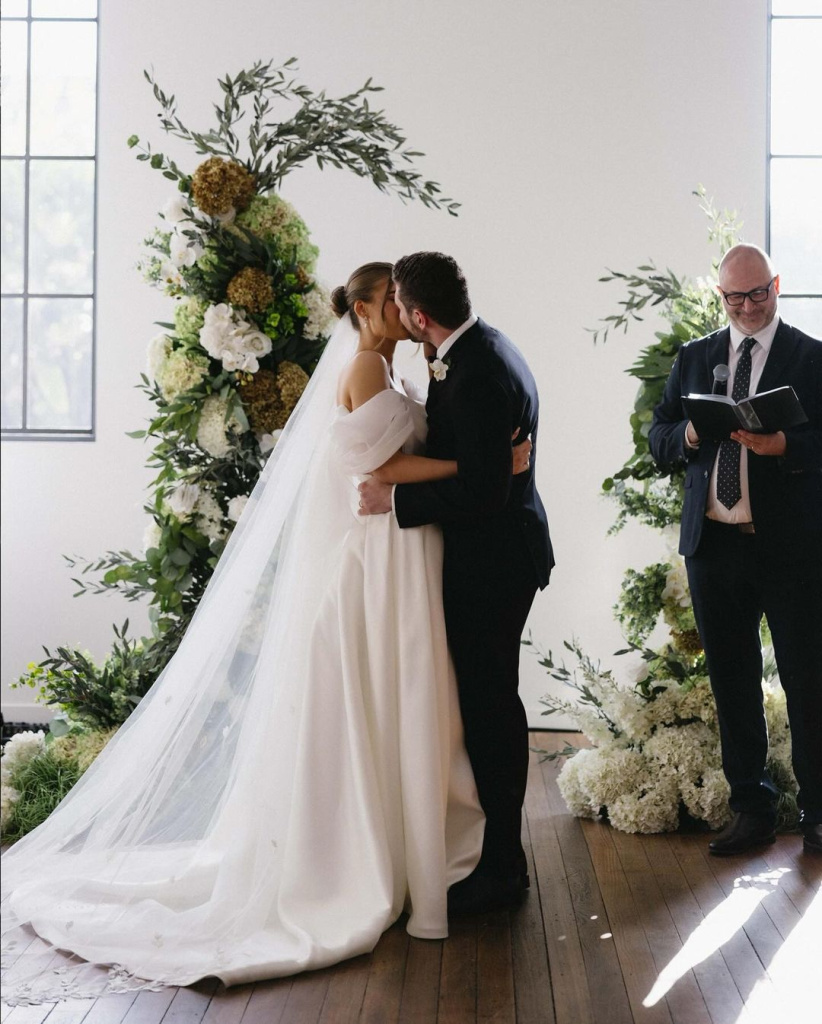
In the digital age, becoming ordained online is a common and convenient route for those looking to officiate weddings. Various reputable organizations offer online ordinations that are recognized in most states. Here are some of the best platforms where you can get ordained quickly and often for free, allowing you to start officiating weddings with legal authority.
Universal Life Church (ULC)
The Universal Life Church is one of the most popular and widely recognized options for online ordination. The process is straightforward and free, typically completed in just a few minutes through their website. Once ordained, you are legally able to perform weddings, funerals, and other ceremonies across most of the United States. The ULC also offers a range of resources for first-time officiants, including sample scripts, guidance on performing ceremonies, and information on the legal requirements specific to each state.
American Marriage Ministries (AMM)
American Marriage Ministries offers free ordination with a mission to empower people to officiate weddings that honor the couple's values and beliefs. Recognized across the United States, AMM also provides extensive educational materials that help new officiants understand their roles and duties. They offer training that covers the essentials of officiating a wedding, including how to prepare for the ceremony, how to handle unexpected situations, and how to file the marriage license.







